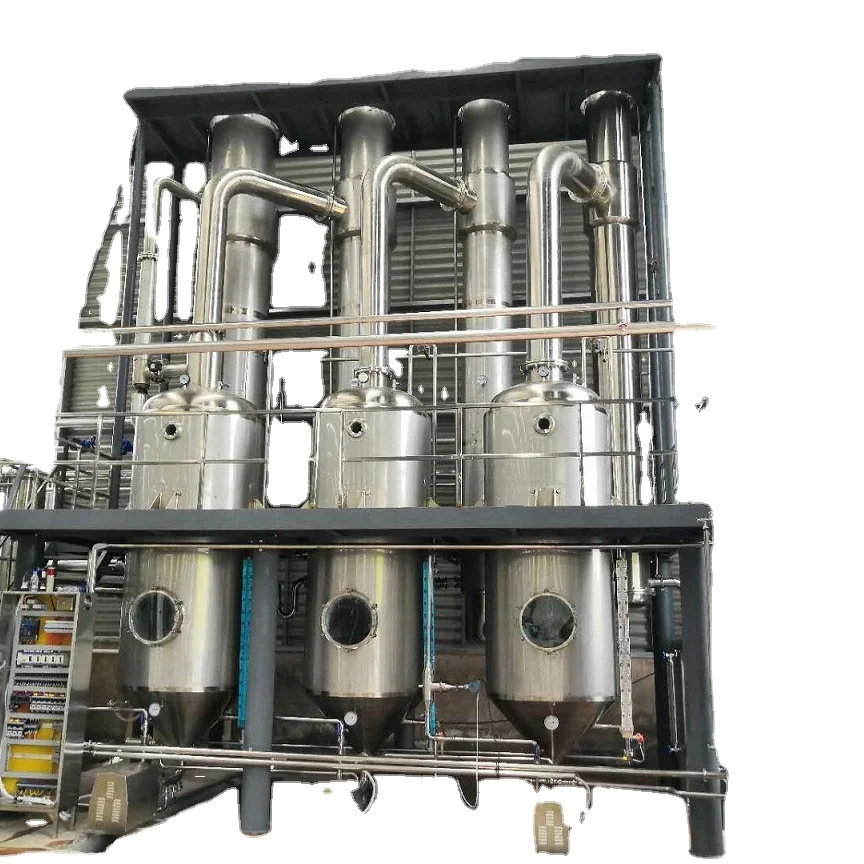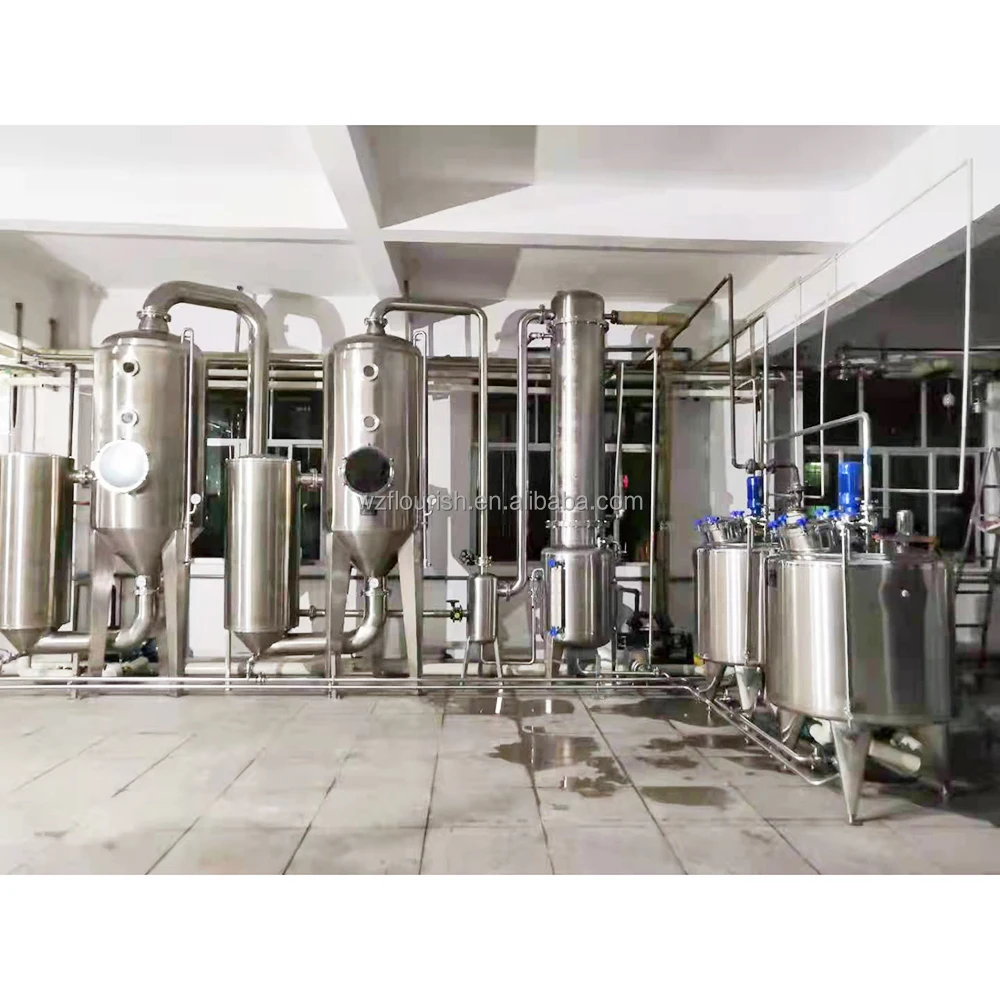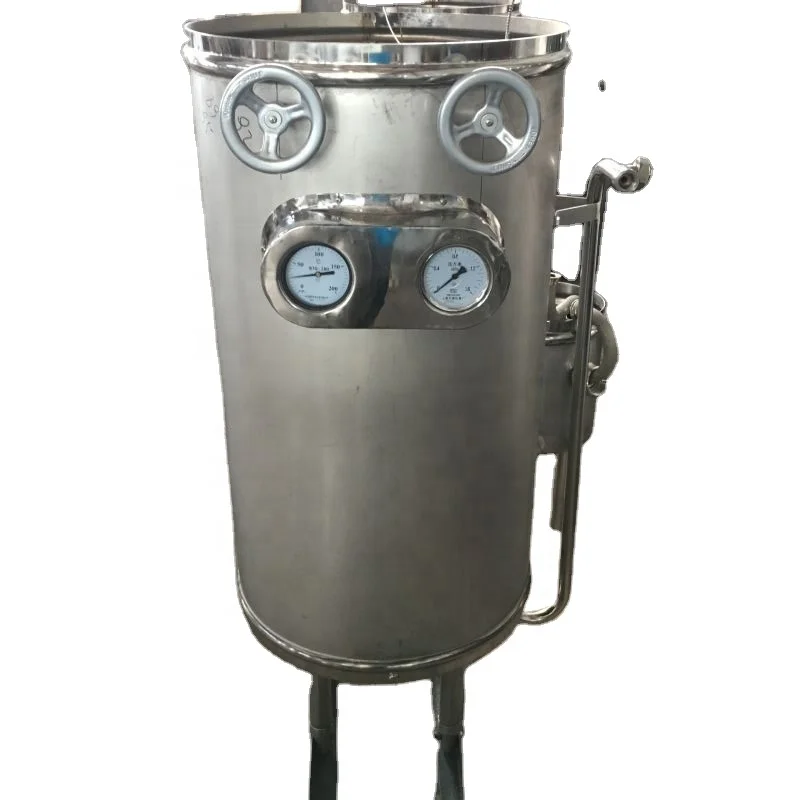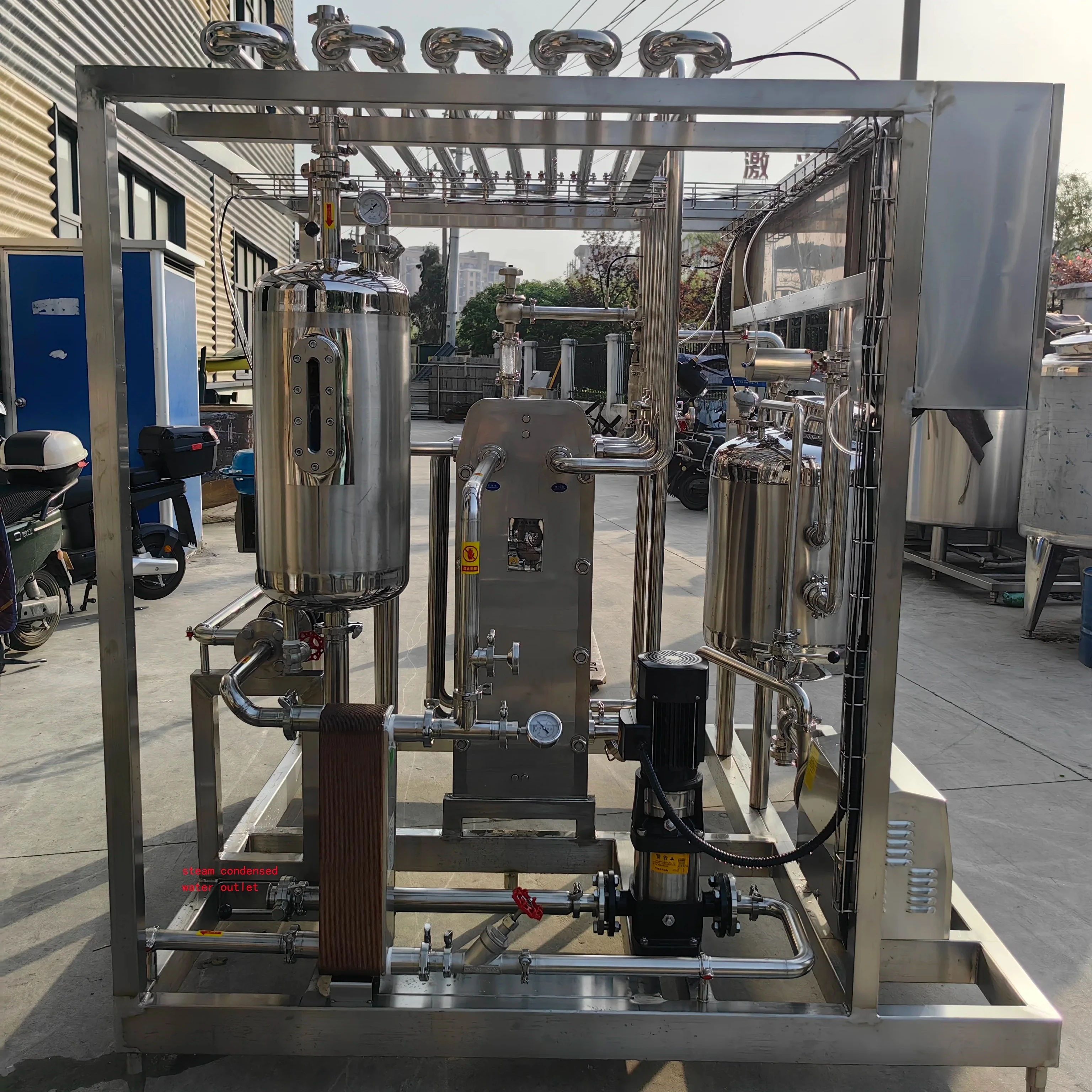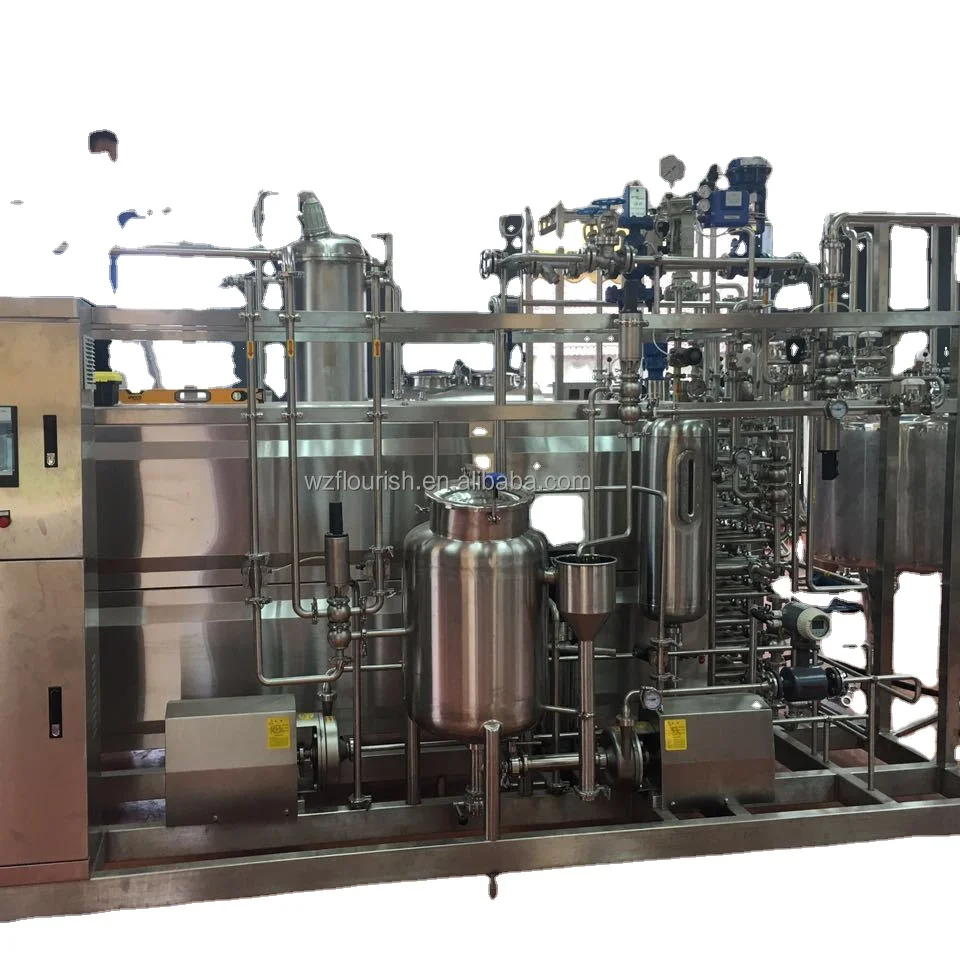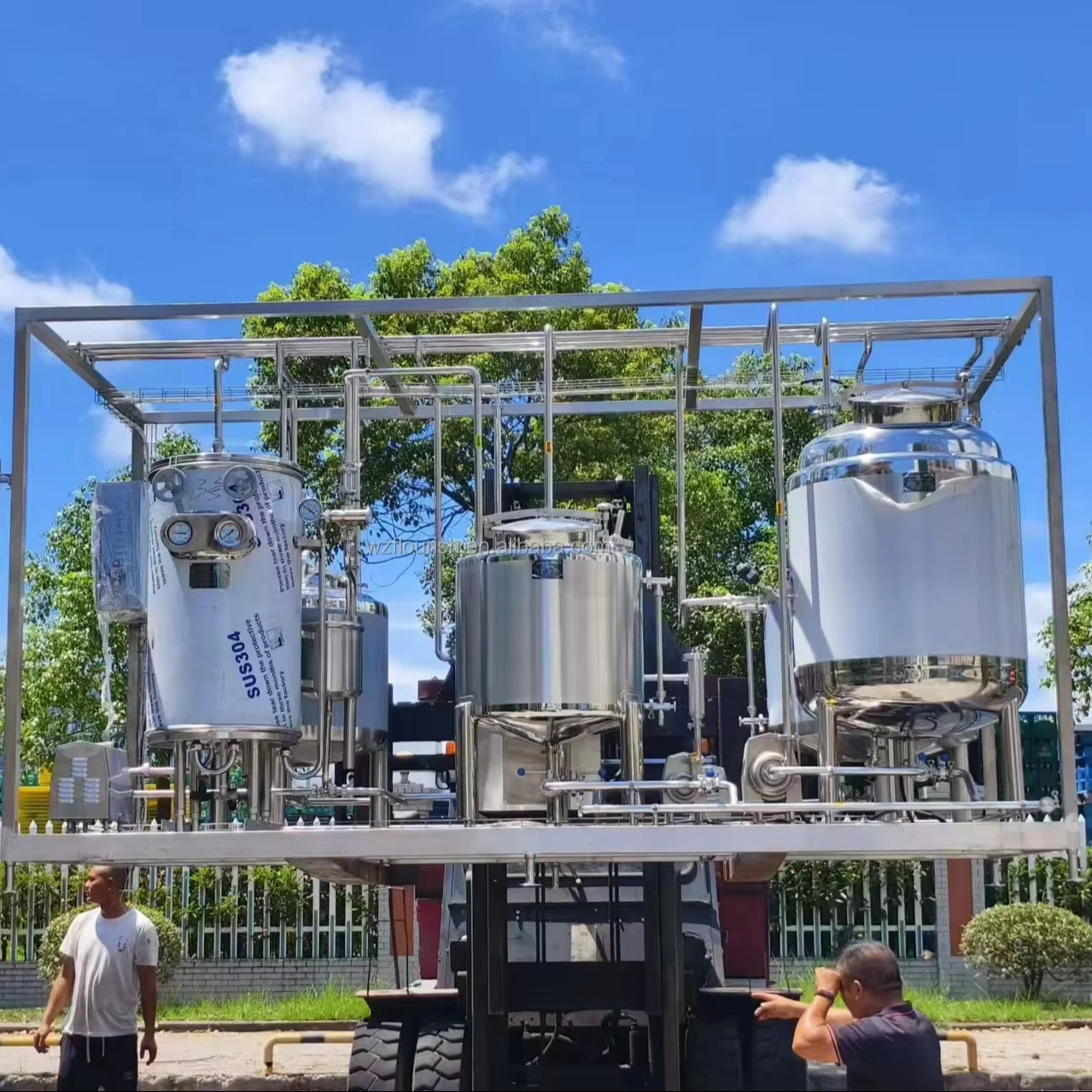ABOUT
Wenzhou Vince Machinery Science Co., Ltd. was established in early 1980s. Our company covers an area of 6500 square meters and is an independent legal representative firm, possessing rich economic technology strength. Our company is a high tech enterprise and plays an important role in national dairy, foodstuff, pharmacy and machinery industries. We are a beverage machinery supplier.
Since the establishment, our company has mainly engaged in dairy products, foodstuff, beverage machinery, bean products, yellow wine, medicines and fermentation projects. What's more, our company supplies a complete sequence services in manufacturing, installation, test and personnel train, as well as the whole direction service design and consulting service on product project construction or enlargement artistic distribution engineering sets budget.
PRODUCTS
UHT Sterilizer Enhancing Food Safety
The Mechanism of UHT Sterilization
UHT sterilization operates on the principle of thermal inactivation of microorganisms. Unlike traditional pasteurization, which uses lower temperatures for longer durations, UHT employs temperatures ranging from 135°C to 150°C for a brief period, typically 2-5 seconds. This intense heat treatment effectively destroys vegetative bacteria, spores, and yeasts, ensuring a significantly longer shelf life without the need for refrigeration in many cases. The short exposure time minimizes the negative impacts on the product's flavor, texture, and nutritional value compared to longer, lower-temperature sterilization methods.
The process usually involves flash heating the product as it flows through a heat exchanger. This precise control over temperature and exposure time is crucial for effective sterilization while preserving product quality. After heating, the product is rapidly cooled to prevent further thermal degradation. The entire process is carefully monitored and controlled to guarantee consistency and effectiveness.
Enhanced Food Safety Through Microbial Elimination
The primary advantage of UHT sterilization lies in its ability to eliminate a wide range of harmful microorganisms responsible for foodborne illnesses. Bacteria like *Salmonella*, *E. coli*, and *Listeria*, which can cause severe sickness, are effectively eradicated through this high-temperature treatment. This significantly reduces the risk of contamination and subsequent health issues associated with food consumption.
Furthermore, UHT sterilization effectively eliminates spoilage microorganisms. These organisms, while not always pathogenic, can lead to undesirable changes in the product's taste, texture, and appearance, resulting in shorter shelf life and ultimately, food waste. By eliminating these spoilage agents, UHT extends the product's usability and reduces waste, contributing to better resource management.
Extended Shelf Life and Reduced Waste
The extended shelf life afforded by UHT sterilization is a major benefit for both consumers and producers. UHT-treated products can often be stored at room temperature for several months without spoilage, offering greater convenience to consumers and reducing the need for extensive cold chain infrastructure. This extended shelf life reduces food waste significantly, a crucial factor in addressing global food security challenges.
This extended shelf life also translates to significant economic benefits for producers. Reduced spoilage means lower losses, more efficient inventory management, and the possibility of expanding distribution networks to regions with limited refrigeration capabilities. The overall impact of UHT sterilization on reducing food waste contributes to both economic and environmental sustainability.
Technological Advancements and Future Implications
Continuous advancements in UHT sterilization technology are constantly improving its efficiency and effectiveness. New designs focus on optimizing heat transfer, minimizing processing time, and enhancing product quality. This includes the development of more efficient heat exchangers and improved control systems for precise temperature management.
Looking ahead, UHT sterilization is expected to play an increasingly vital role in ensuring global food safety and security. As populations grow and demand for convenient and safe food increases, UHT technology will continue to be a crucial tool in meeting these demands while minimizing waste and preserving resources.
SUBSCRIBE
INQUIRY

